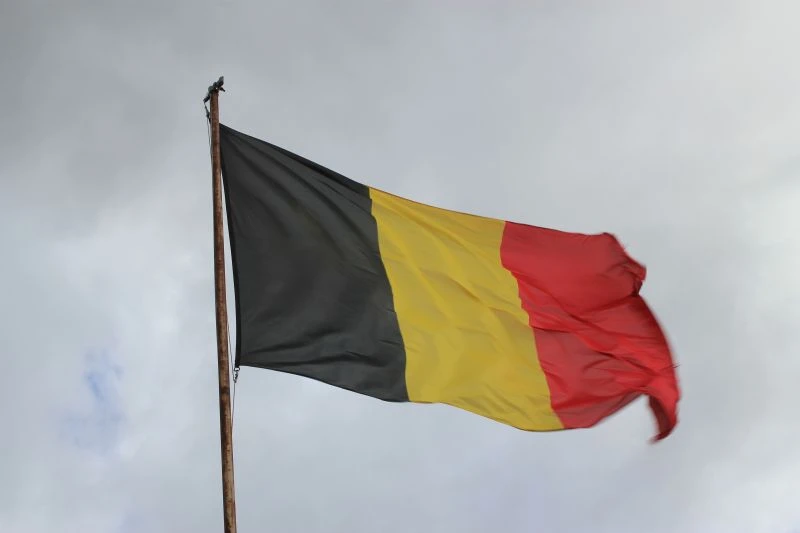Belgian government proposes complete ban on gambling advertising

The ban would apply to advertisements for all games of chance currently available legally in Belgium across online and land-based facilities, with the exception of the country’s National Lottery.
The proposal was met with heavy criticism from local operator association Bago, which said the ban would not benefit the consumer and instead make it more difficult for players to distinguish between legal and illegal operators.
Referring to a recent survey from UGent, Bago said one in three operators that advertise games of chance on social media in Belgium do not hold licences in the country and are therefore operating illegally.
As such, Bago said the ban on legal operators advertising could lead to an increase in the number of consumers gambling with these unlicensed operators, which do not offer the same protection measures as those that are approved to offer gambling in the country.
Bago also noted that the ban would not apply to the National Lottery, which is also the largest advertiser of gambling in Belgium, accounting for approximately 40% of all gambling ads in the country.
“Studies show, however, that no game of chance is without risk and that, for example, scratch games carry a risk similar to that of sports betting,” Bago said. “One can therefore wonder whether the government is really taking a decision here in which concern for the consumer is central.”
In addition, Bago criticised the government for not consulting with the gambling industry prior to forming the idea for the proposed ban, despite the minister of justice saying that the idea was discussed with legal operators.
Instead of an outright ban, Bago proposed developing a general legal framework to impose duty of supervision on the entire legal market in Belgium.
This, Bago said, would include a requirement for operators to monitor the behaviour of players, proactively inform users of any changes in their behaviour and offer them the chance to set spending limits and take self-imposed breaks.
“Today, more and more legal operators are deploying algorithms and artificial intelligence to quickly identify emerging problematic gambling behaviours and offer solutions to players, including advising them to register on the EPIS [self-exclusion] list,” Bago president Tom De Clercq said.
“If we want to fight gambling addiction effectively, this is the way to go.”
The proposal comes after Bago last month hit out at another proposal that would force Belgian players forced to register for separate online betting and casino accounts.
The proposal came in the form of an amendment to a bill first introduced in the Chamber of Representatives in 2019, to ban operators from offering different classes of game on the same website.
Originally, it would have allowed players to use the same account across different URLs with the same operator. However, the coalition government has now proposed banning the use of a single account for multiple game verticals.
In March, the Belgian government also introduced new restrictions on stakes, betting times and advertising for the country’s newsagents as part of a raft of new amendments.
This came after gaming operator Golden Palace acquired the retail network of national postal service Bpost, prompting concern about betting at newsagents.
As of 5 March, newsagents can only accept bets between the hours of 6:00am and 8:00pm, while total stakes via each outlet must not exceed €250,000 (£214,190/$264,026) per year.
Newsagents must display at least 200 different titles of current daily, weekly and monthly publications, and generate at least €25,000 per year in sales from these titles.
Each outlet should not present more than three square metres of advertising space dedicated to its betting offering in total, inside and outside the premises and betting advertising should represent no more than 20% of the total advertising seen at the outlet.
In the actual newsagent, no more than one-fifth of the total retail space should be set aside for betting, which should not occupy more than 10 square metres in total.
